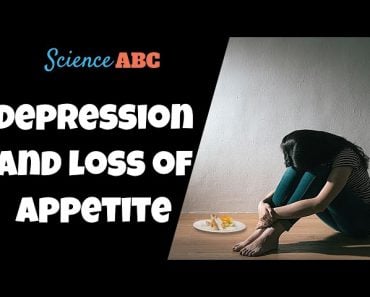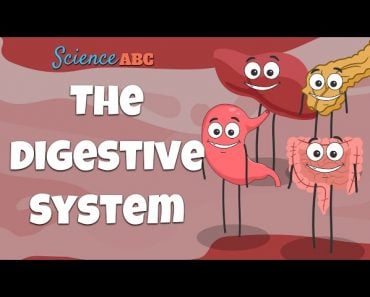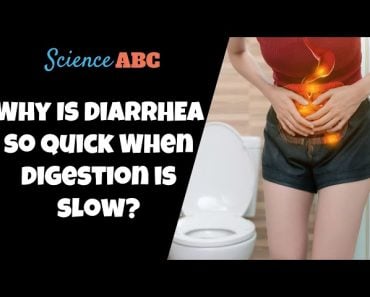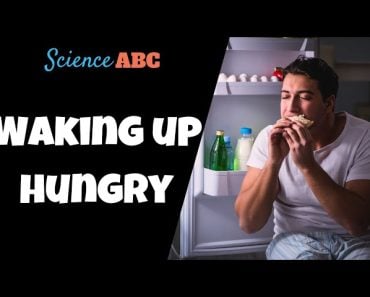Table of Contents (click to expand)
People eat fast for different reasons. Some people eat fast because they are in a hurry, some people eat fast because they are not enjoying their food, and some people eat fast because they are not aware that they are eating fast. Eating fast can lead to obesity, because people eat more when they eat fast and they do not feel as full. Eating fast can also lead to not tasting your food as well, and to digestive problems. The ideal amount of time to spend eating is 20 minutes, but it is alright if you cannot spend that much time eating.
We all have that one friend who, during a friends’ dinner party, wolfs down their entire meal by the time you’ve taken your third or fourth bite. Looking in their direction, we can’t help but ask, ‘Do you even taste your food?’
No matter what their response may be, it’s highly unlikely that they do.
Recommended Video for you:
Perception Of ‘Eating Speed’
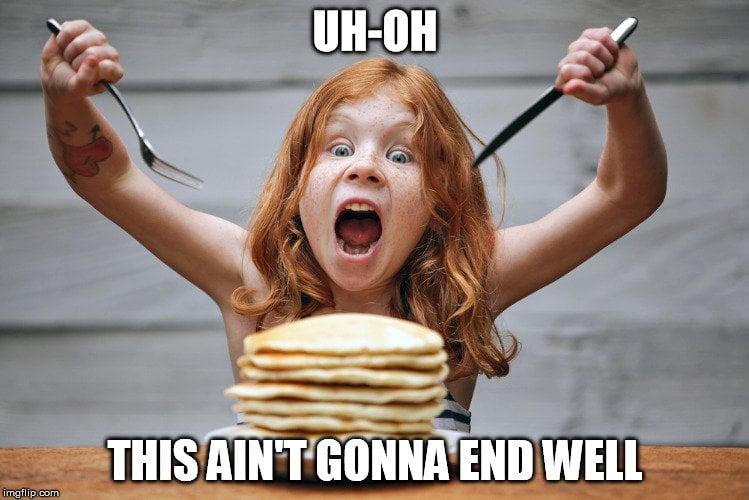
There’s no particular reason why people tend to eat fast. In fact, it’s difficult to tell if a person is eating “too fast”, because it’s all about relative perception. Look at it this way; while having lunch with a couple of friends, you might end up being the last one still busy with the final bites on your plate, although everyone else is long done. They throw you encouraging glances to convey the message, ‘It’s alright, take your time’, but you’ve already started shoveling the food into your mouth to avoid any further embarrassment.
In this case, there might be nothing wrong with your eating speed; perhaps your friends just eat too fast. However, the uncomfortable situation may not feel that way. However, when you go home at night, and are having dinner with your family, you may be the one finished first if you particularly love the dish or are hungry, while everyone else may take 5 minutes longer. It’s all about perception between the people eating!
Drawbacks Of Eating Too Fast
Obesity
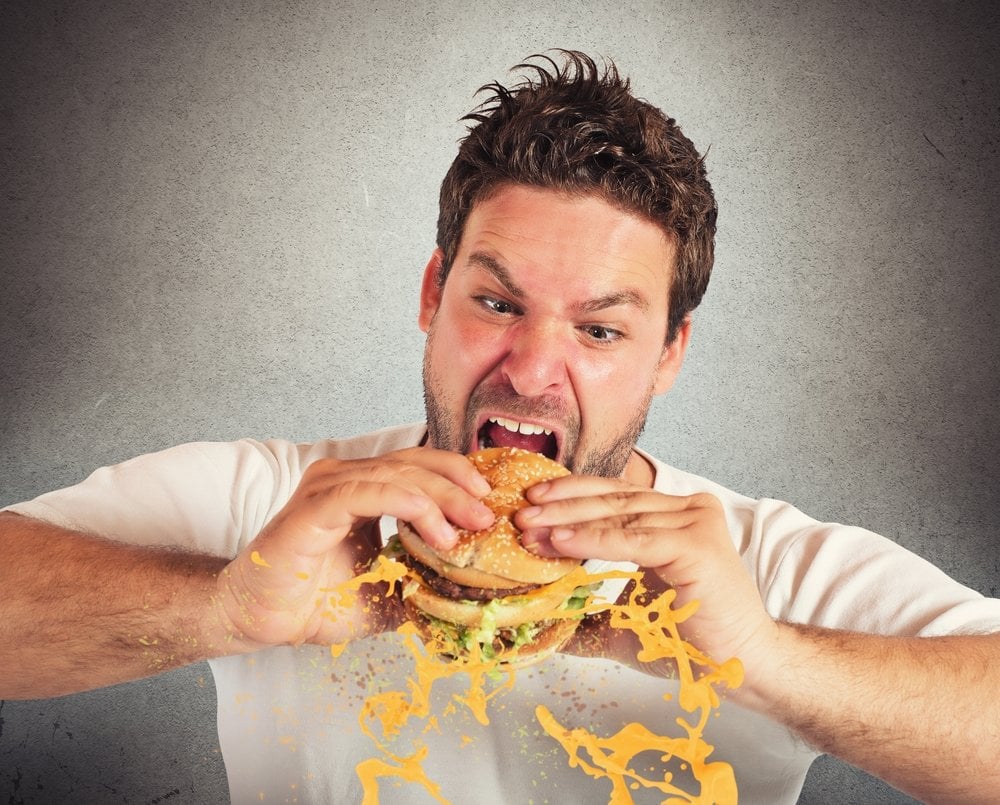
There are many problems associated with eating too fast, and they seem pretty obvious once you think about them. To start with, eating fast can potentially make you obese. How? Allow me to explain.
More Calories, Less Satisfaction
It all comes down to the physiology of the human body. From the time you start eating, it takes almost 20 minutes for the brain to send signals of ‘fullness’ that tell you to stop eating. Therefore, when you eat too fast, you consume far more calories than slower eaters before you start to feel full and then stop. Not only that, but according to a study published in 2006 in the Journal of Epidemiology, ‘fast eaters’ experience less satisfaction after their meal. On the other hand, eating at a leisurely pace gives you ample time to realize that you’ve eaten enough and to properly enjoy your meal.
No Taste At All!
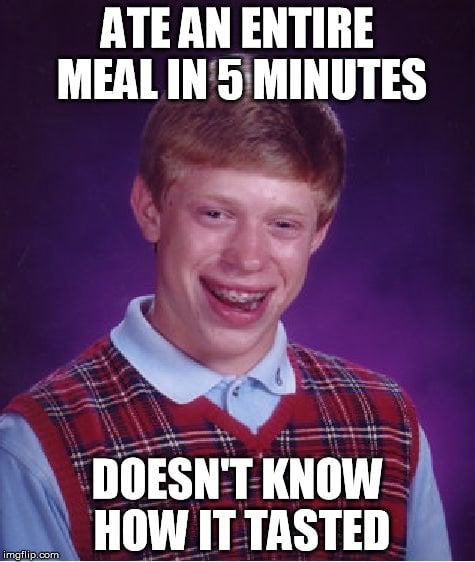
Many ‘fast eaters’ would deny this, but it’s true! If you eat too fast, there is a very good chance that you wouldn’t ‘sense’ the taste of the food as fully as a person who eats at a slower pace. According to a study titled “Optimal directional volatile transport in retronasal olfaction”, a fast eater cannot experience the smell of the food as completely as one who is eating slowly.
It’s Dangerous, Too!
According to a study conducted by researchers at the Medical University of South Carolina, consuming a 690-calorie meal in 5 minutes (rather than 30 minutes) caused 50% more acid reflux episodes, as the digestive tract is loaded with more lumped food than it can handle at one time. Rapid eating can thus cause narrowing of the esophagus, internal bleeding, and other digestive disorders.
How Long Should It Take You To Eat?
That entirely depends on the amount of food you’re having. For snacks, the ideal of time eating can vary significantly from the time that you should take while having a proper meal. Still, eating for at least 20 minutes is considered a general standard when it comes to the time you should devote to eating meals.
As food (or water) starts to fill your stomach, stretch receptors are activated which in turn send signals to the brain through the vagas nerve, ie the nerve that connects brainstem and gut. As partially-digested food enters the small intestine, hormonal signals are released. These processes take, on an average, almost 20 minutes (depending on your metabolism) to complete and make you fell full.
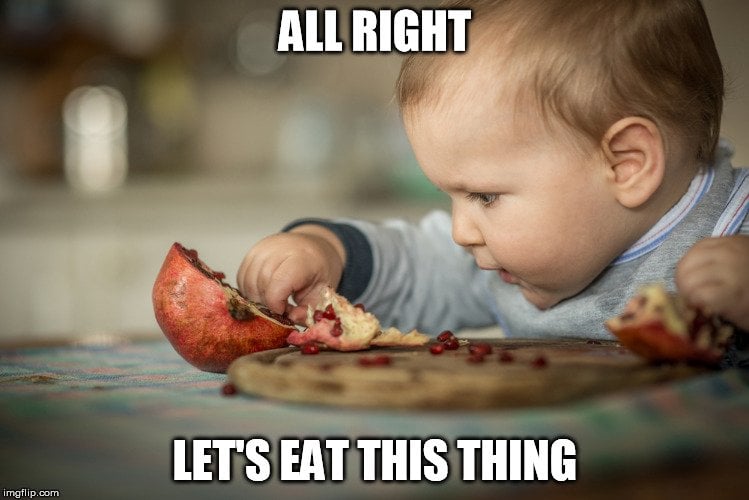
It’s alright if you’re particular busy or running late to get somewhere and thus cannot devote as much time to eating. However, making a habit of eating fast is definitely going to set you back in the long run. Therefore, take your time and relish each morsel of food that you choose to consume. Remember… a delicious meal is a journey, not a race!








